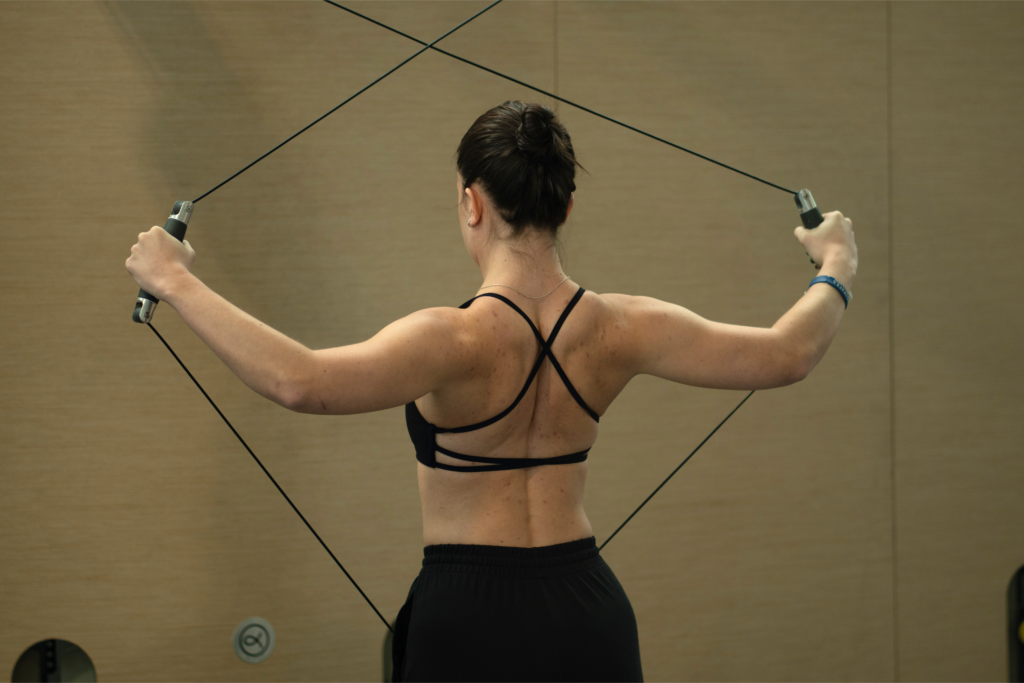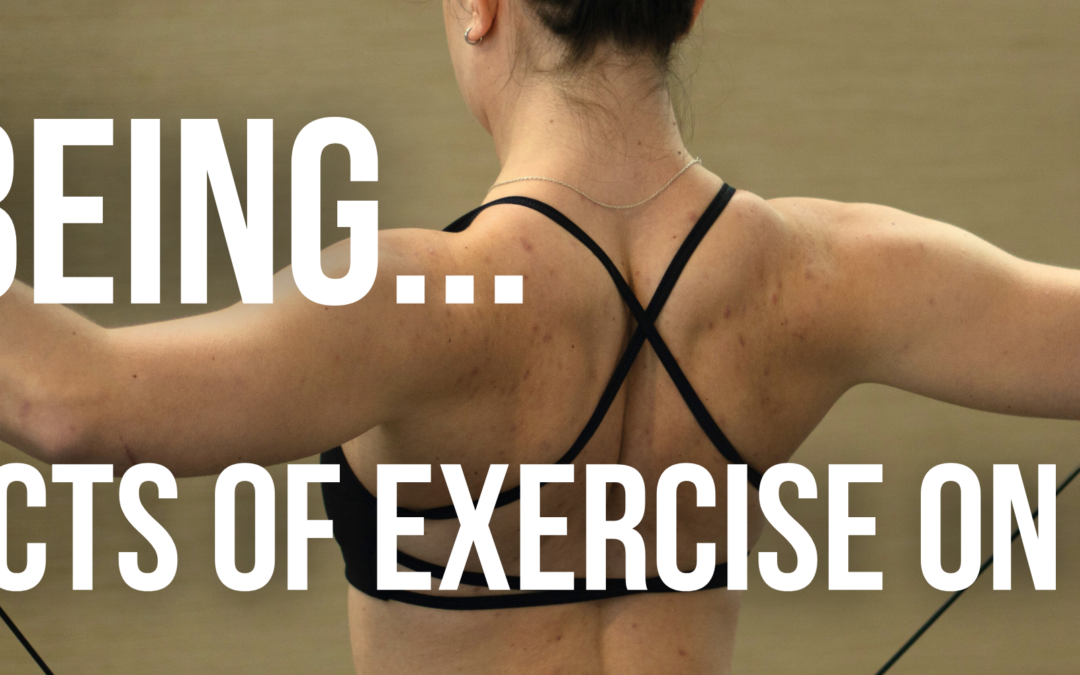Here at TFD, we’re big on advocating exercising for the right reason. It’s important people have a ‘why’. For some, this is as simple as wanting to stay physically fit. For others, it might be a hobby. There are plenty of reasons to exercise and one very few are aware of is its impact on memory and brain health.
The six pillars of a healthy brain are as follows:
Healthy Diet
Mental Stimulation
Stress Management
Quality Sleep
An active social life
Regular exercise

Exercise helps memory and thinking through both direct and indirect means.
Regularly exercising has proven to increase the volume of particular brain regions and enhance synaptic plasticity. Resultingly, ever-growing literature strongly suggests that exercise, in particular aerobic exercise, may lessen cognitive impairment and reduce the risk of dementia.
In fact, some research states a possible 20% reduction in likelihood of developing dementia in those who exercise regularly. A separate study found that some individuals with Alzheimer’s were able to increase their memory test scores accompanied with improvements in memory, attention and thinking speed. Further trials found regular exercise increased the size of the memory centre of the brain. This is the same as reversing one to two years of age-related shrinkage.
So, it’s clear exercise is good for our brains and memory, but what’s the science behind it?
The benefits of exercise come directly from its ability to stimulate the release of growth factors—chemicals in the brain. These chemicals affect the health of brain cells, the growth of new blood vessels in the brain, and promote neurogenesis – the formation of new neurons in the brain. These neurons are responsible for aiding in the process of sorting information and improving memory.
Exercise is also known for increasing circulation. We all know exercise leads to an increase in heart rate and therefore blood pressure. This increased blood pressure encourages the delivery of oxygen and nutrients to the relevant working areas, of which the brain is included. As well as an increase in oxygen delivery, when we exercise, brain-derived neurotrophic factor (BDNF) is released. BDNF is associated with the protection and repair of neurons from injury and degeneration. Hormones then combine with BDNF to grow brain cells and provide mental clarity.
Exercise can also boost memory and thinking indirectly by improving mood and sleep, and by reducing stress and anxiety. Problems in these areas frequently cause or contribute to cognitive impairment.
The risk factors of Alzheimer’s are noted as; age, family history, genetics, head trauma, high blood pressure, high cholesterol, obesity, diabetes and smoking. While exercise can’t change age, family history, genetics nor head trauma, it can improve side effects of obesity such as high blood pressure, having an indirect correlation to the reduced risk of cognitive decline.
As a result of these found studies, aerobic exercise stands as one of the most promising approaches for enhancing cognitive function. While cardio may have more benefits in the short term, strength and balance training are just as beneficial for brain health in the long run, suggesting exercise as a whole might be an effective way to reduce cognitive decline in later life.
After all, “mens sana in corpore sano” (i.e., a sound mind in a sound body). So, get yourself to more classes, try out our Technogym cardio equipment and start to see an improvement in brain health.
TECHNOGYM CHECKUP:
With the new equipment that TFD saw introduced in October, came our Technogym Checkup shortly after. For those of you that haven’t had the opportunity to use this as of yet, it’s well worth a go.
“Technogym Checkup is the most comprehensive tool for holistic assessment. It uses advanced measurement technology and AI to calculate users’ Wellness Age, a motivational metric based on physio-cognitive parameters.”
While the Technogym checkup shows results in body composition like our previous body composition analyser, you can now also comprise results for balance – an understanding of your balance capacity, mobility – an analysis of the range of motion at one’s joint, and cognitive skills – a test of your attention, memory and executive function.
With these combined, Check Up generates your Wellness Age – the age mirroring your physical and functional conditions.
With a focus on the cognitive element, Technogym Checkup has three cognitive tests:
- Attention (peripheral vision)
- Memory
- Brain processing speed
Each test takes approximately 5 minutes. It’s not necessary to do all three, so tagging one on to the end of a body comp is our suggestion if there’s a particular area you’d like to place focus on. Of course, if you’ve got time, then give all three a go and be sure to increase your participation in aerobic exercise to see if your results improve. Likewise, Technogym Checkup can’t diagnose, but it may be useful in picking up on any decline that could be worth looking into further with a healthcare professional.
If you have any questions regarding our Technogym Checkup and/or would like to book yourself in to test your cognitive skills, head to the desk or give us a call and one of the team will endeavour to find a time that suits you best.
Blog by Caitlin Nicholls – Level 2 Fitness Instructor

